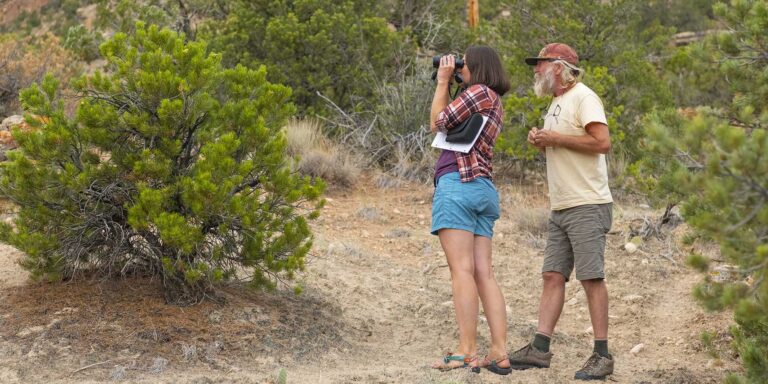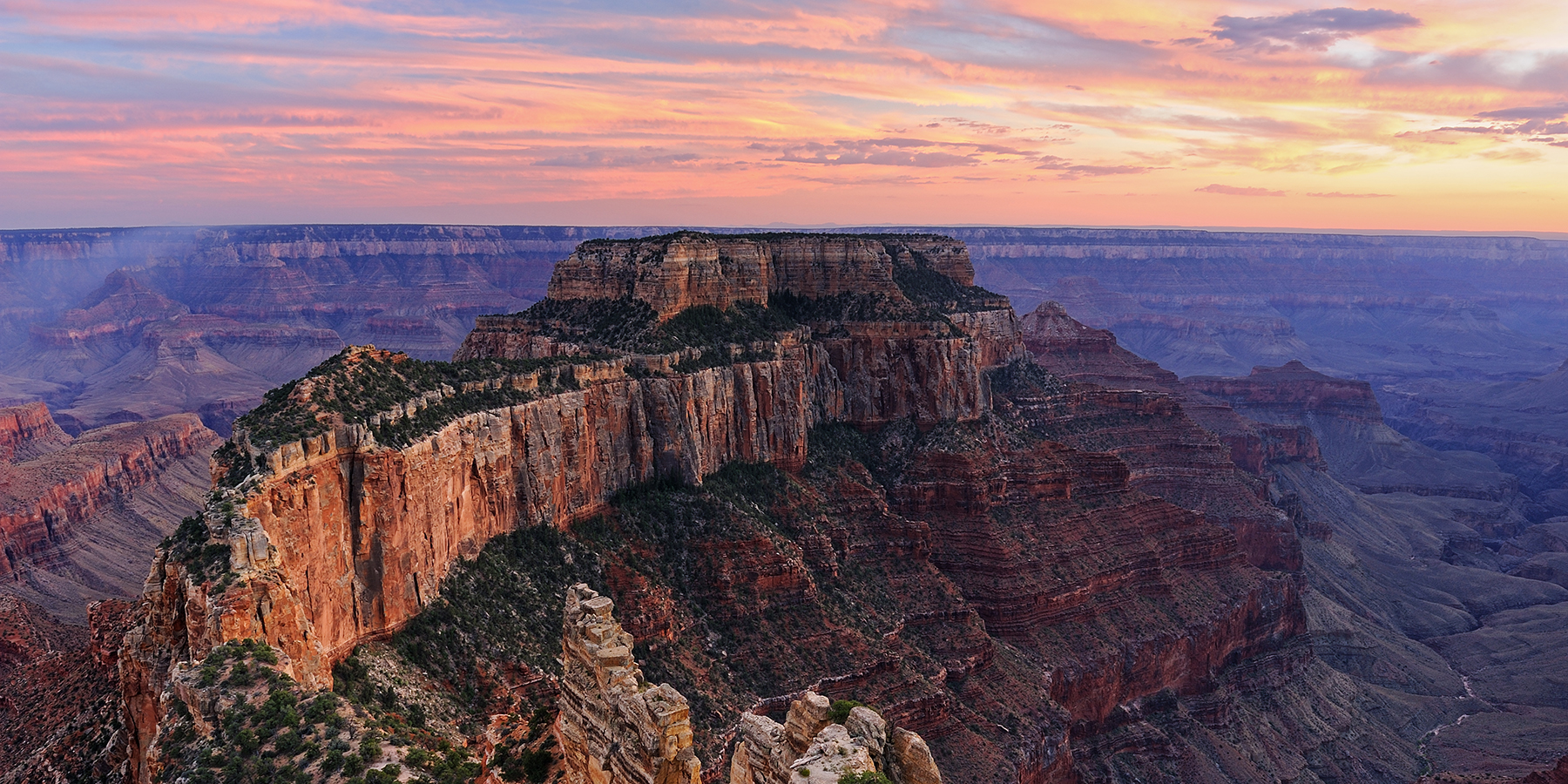Events Calendar
From volunteer trips to film screenings and public meetings, there’s something for everyone.

Grab your binoculars and help us spot pinyon jays! This is an independent community science project. You do the training, then you choose where, when,

Grand Canyon Conservation Support the Trust and protect the Grand Canyon
Your donation funds on-the-ground conservation efforts and advocacy work.
